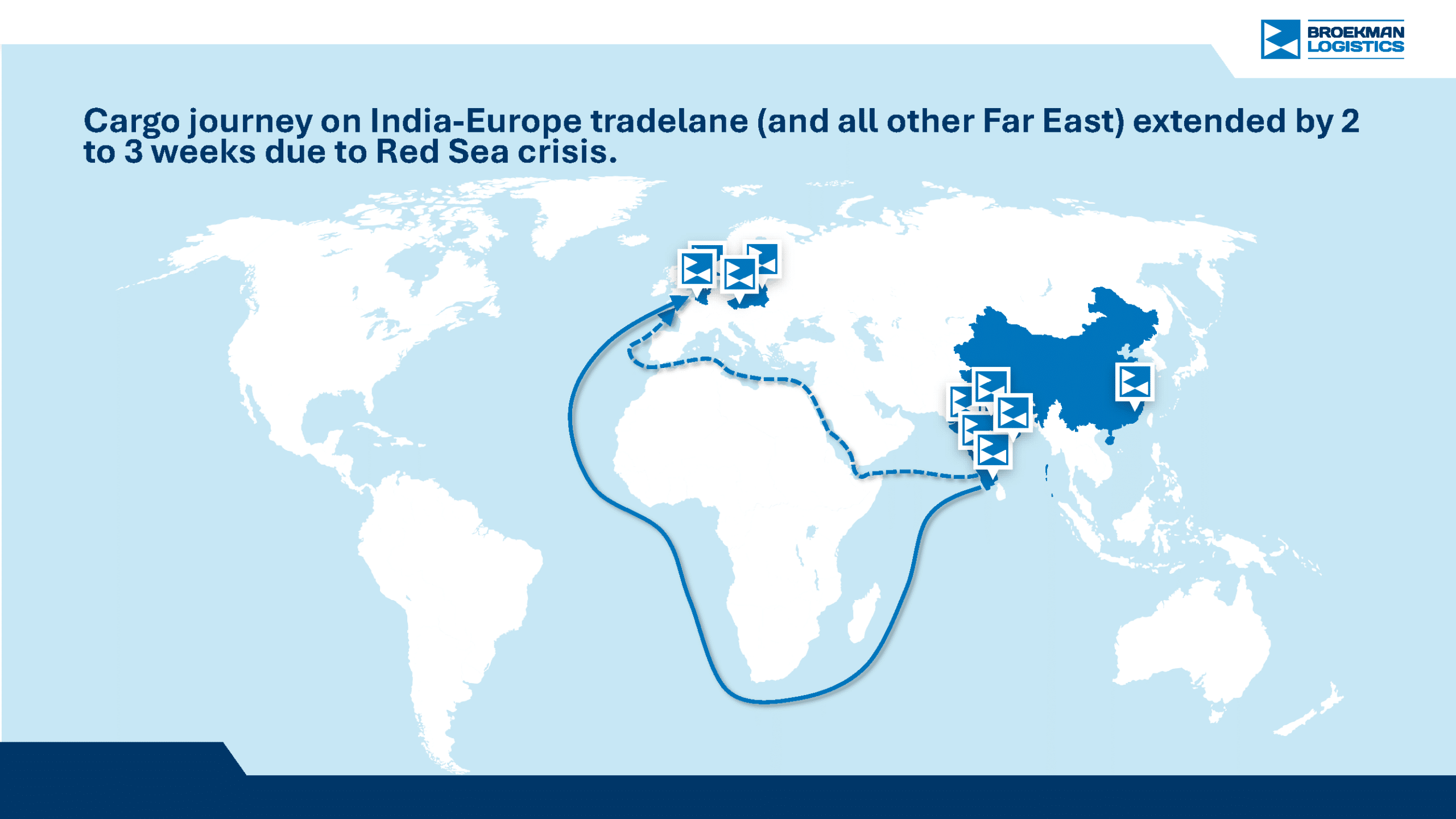In response to disruptions in sea freight, the airfreight industry has experienced a substantial surge in demand. According to supply chain intelligence firm Xeneta, airfreight volumes, particularly for cargo bound for Europe, have sharply increased. The fear of Houthi attacks in the Red Sea has prompted companies to explore airfreight options, despite the higher costs involved.
Flights are operating at an average of 93% full from a cargo perspective, and if the current trend persists, airfreight rates are expected to rise significantly. While industries with exposure to European markets, including automotive manufacturers, are already feeling the impact, the challenges also open up opportunities for adaptation.







